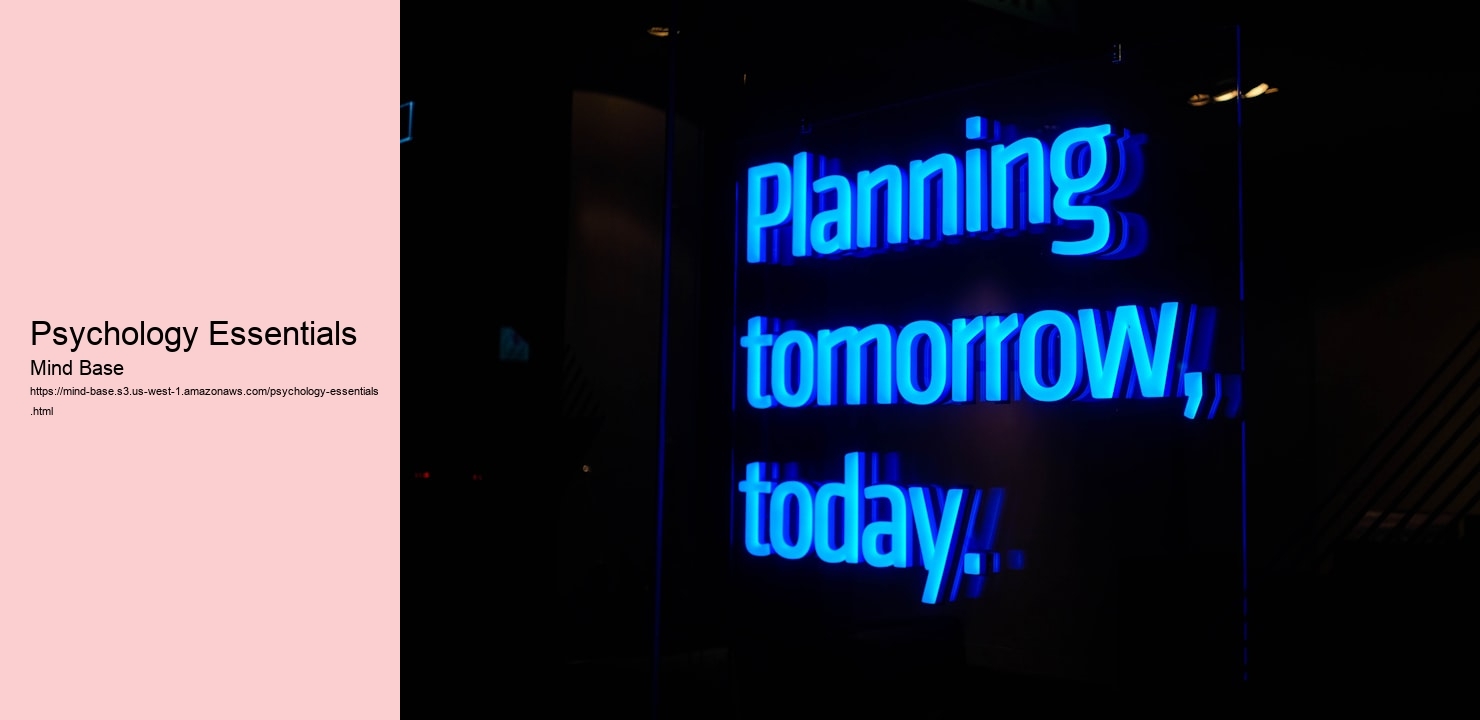
Mindfulness is a fundamental concept often incorporated into therapeutic practices, especially within the context of psychotherapy. In Calgary, therapists frequently use mindfulness techniques to help individuals gain awareness and manage their mental health more effectively. This approach encourages clients to focus on the present moment without judgment, fostering an environment where they can observe their thoughts and emotions with greater clarity. By doing so, clients learn to respond rather than react to stressors, which is particularly beneficial for those dealing with anxiety or depression.
One significant benefit of incorporating mindfulness into therapy is its impact on emotional regulation. Therapists in Calgary often find that when clients practice mindfulness regularly, they become better equipped at identifying and understanding their emotional responses. This heightened self-awareness allows them to navigate complex emotions more skillfully and reduces the likelihood of overwhelming feelings leading to negative behavioral patterns. As a part of therapy, this technique empowers individuals by giving them tools to manage their internal experiences constructively.
Stress reduction is another critical area where mindfulness proves invaluable in therapeutic settings. Many people seek therapy due to chronic stress affecting various aspects of their lives. In Calgary, therapists utilize mindfulness exercises such as deep breathing and guided meditation to help clients cultivate a sense of calmness and relaxation. These practices not only alleviate immediate stress but also equip individuals with long-term strategies for managing life's pressures more effectively.
Therapists recognize that interpersonal relationships significantly impact mental well-being; hence, improving these connections is often a goal in therapy sessions. Mindfulness aids this process by encouraging individuals to be fully present during interactions, enhancing communication skills and empathy towards others. This increased presence fosters deeper connections and understanding between people, which can lead to healthier relationships both personally and professionally.

To put it short, integrating mindfulness concepts into therapy provides numerous benefits that extend beyond traditional treatment methods. Calgary's therapists continue to adopt these practices due to their proven efficacy in promoting mental health resilience among clients.
Therapists in Calgary recognize that each individual's emotional landscape is unique, shaped by personal experiences, cultural influences, and innate temperament. Emotions are complex responses to internal or external events, and understanding them requires both empathy and expertise. Google My Business - ShiftGrit Therapists work closely with clients to navigate these intricate emotional terrains, providing a safe space for exploration and expression.


Empathy stands as a cornerstone in the therapeutic process. In Calgary's therapy rooms, professionals employ empathy not just as a tool but as an essential element of rapport-building. By truly listening and understanding a client's feelings, therapists foster an environment where individuals feel validated and heard. This empathetic approach encourages openness and trust, paving the way for meaningful progress.
One crucial aspect of therapy involves identifying triggers that evoke strong emotional reactions. Therapists guide clients through this process by encouraging reflection on past experiences and present circumstances that may contribute to heightened emotions. Recognizing these triggers allows individuals to develop coping strategies tailored to their unique needs.
Emotional resilience refers to the ability to adaptively manage stressors and recover from adversity. In Calgary's therapeutic practices, building this resilience is often a focal point. Through evidence-based techniques such as cognitive-behavioral therapy (CBT), clients learn how to reframe negative thoughts, embrace adaptive coping mechanisms, and strengthen their mental fortitude.

Recognizing the connection bewteen emotional well-being and physical health is vital in therapy sessions across Calgary. Emotions can manifest physically; thus, addressing mental health concerns often leads to improved physical wellness as well. Therapists might integrate mindfulness practices or relaxation techniques into their sessions to help clients achieve holistic healing.
Therapy encourages embracing vulnerability as a pathway toward personal growth.

Psychiatric therapy (likewise psychological therapy, talk treatment, or talking therapy) is using mental methods, especially when based upon routine individual communication, to help a person adjustment actions, rise joy, and conquer troubles. Psychotherapy aims to boost an individual's wellness and psychological health, to settle or minimize frustrating behaviors, beliefs, obsessions, ideas, or emotions, and to improve connections and social skills. Many types of psychotherapy have actually been created either for individual grownups, family members, or youngsters and teens. Some types of psychotherapy are taken into consideration evidence-based for dealing with detected mental disorders; various other types have actually been slammed as pseudoscience. There are thousands of psychiatric therapy techniques, some being minor variations; others are based on really various conceptions of psychology. The majority of approaches include one-to-one sessions, between the customer and specialist, but some are conducted with groups, consisting of couples and households. Therapists might be psychological wellness experts such as psychiatrists, psycho therapists, psychological health and wellness registered nurses, professional social employees, marital relationship and family specialists, or professional counselors. Therapists may additionally come from a range of other histories, and depending upon the territory may be legally managed, voluntarily regulated or unregulated (and the term itself may be secured or not).
.Psychological wellness encompasses psychological, emotional, and social well-being, affecting cognition, understanding, and behavior. According to the Globe Health And Wellness Company (THAT), it is a "state of well-being in which the specific recognizes his or her capabilities, can handle the normal stresses of life, can work proficiently and successfully, and can add to his or her neighborhood". It likewise figures out exactly how a private handles anxiety, social connections, and decision-making. Mental health consists of subjective health, viewed self-efficacy, autonomy, skills, intergenerational dependancy, and self-actualization of one's intellectual and emotional potential, to name a few. From the viewpoints of favorable psychology or holism, psychological health and wellness might consist of a person's capability to delight in life and to create an equilibrium between life tasks and efforts to accomplish emotional resilience. Social differences, personal viewpoint, subjective evaluations, and contending specialist concepts all impact how one specifies "mental wellness". Some early indicators connected to psychological wellness problems are rest inflammation, absence of power, absence of cravings, thinking of harming oneself or others, self-isolating (though introversion and isolation aren't always undesirable), and frequently zoning out.
.Therapy for life transitions in Calgary supports people navigating changes like career shifts or loss. Psychologists provide tools to adapt and thrive during challenging times.
Therapy for self-harm support in Calgary offers a safe space to explore triggers and coping skills. Psychologists use CBT to reduce harmful behaviors and build resilience.
Life coaching therapy in Calgary blends counseling with goal-setting to enhance personal growth. Coaches help clients achieve balance and success in Calgary’s dynamic environment.